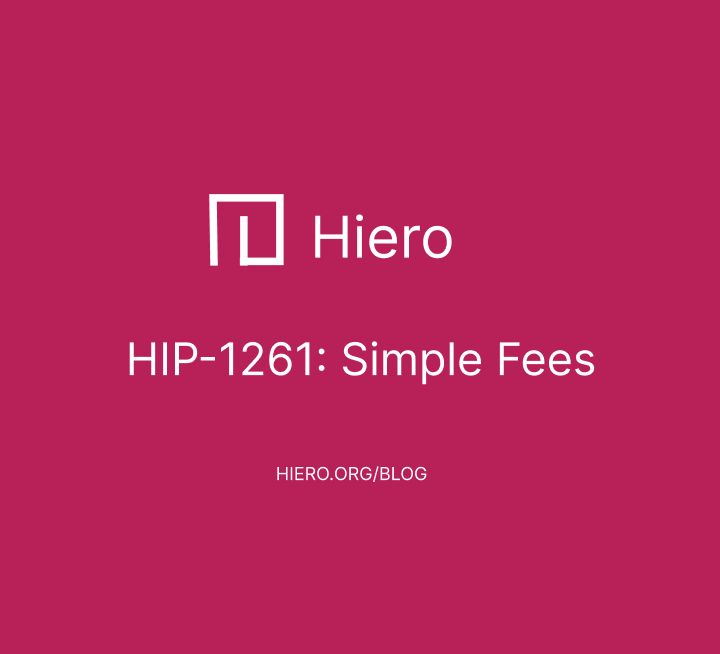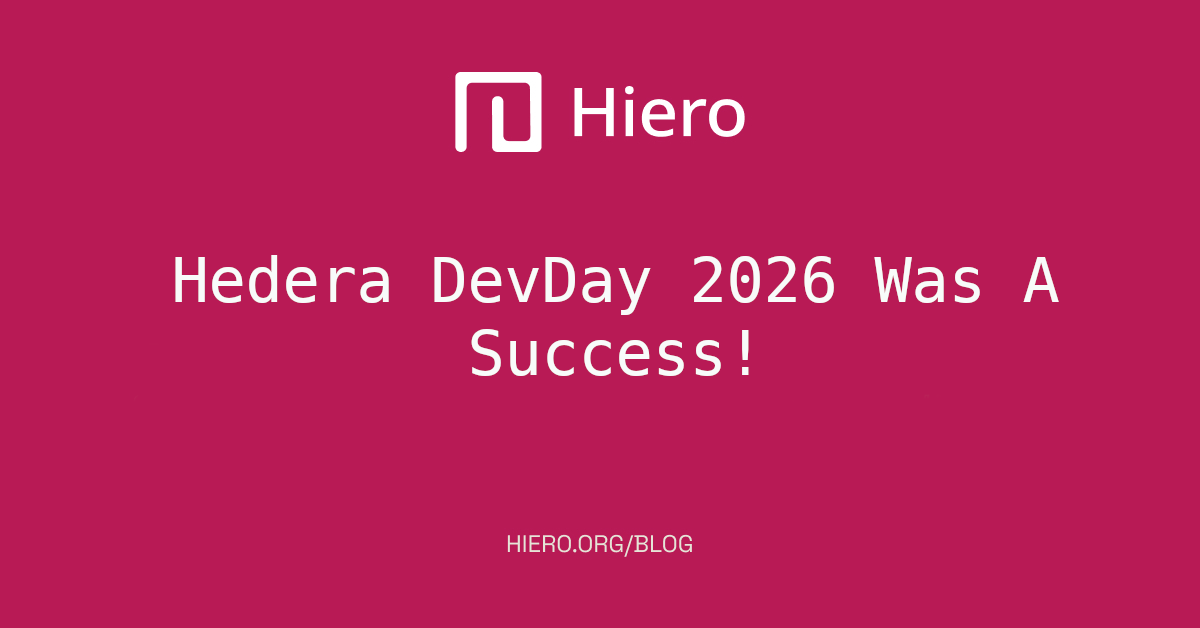A Month of Merges: How Hacktoberfest Turned Our Python SDK into a Pull-Request Party
We just lived through our first real Hacktoberfest with the new Hiero Python SDK. To say it was “a bit busy” would be an understatement.
It was a chaotic, fantastic, and eye-opening month of merges, new faces, and a whole lot of learning. For the Hiero Python SDK, this October wasn’t just another month on the calendar; it was the month our community truly came to life.
Here’s the story of our wild, productive, and exciting month.
The Spark: What is Hacktoberfest?
For those new to it, Hacktoberfest is a month-long, global celebration of open source. It encourages developers of all skill levels to contribute to projects, and in return, they can earn rewards for their efforts.
We knew this was a huge opportunity. The Hiero Python SDK is a relatively young project, and we wanted to welcome new developers into our community. Our strategy was simple but powerful:
- Create ‘Good First Issues’: We regularly created new issues specifically designed for newcomers.
- Label Them: We tagged these with
hacktoberfest, making them discoverable to thousands of developers worldwide. - Document Them (A Lot): This was our most important step. We didn’t just state a problem; we documented the problem in detail, the exact solution needed, and provided support articles to ensure contributors had the confidence to submit a ready-to-merge PR.
The result? The Hiero project was consistently listed at the top of new Hacktoberfest issues, and the community responded.
A Microcosm of Open-Source Energy
To say the response was overwhelming would be an understatement. The effect on the project was immediate and massive.
Let’s just look at the data for October:
- 74 Merged Pull Requests
- 39 Unique Authors (many for the first time!)
- 165 Files Changed
- 14,540 Lines of Code Added (and 1,996 deleted)
- ~1,500 Unique Visitors to the repository
In an average month, our repository might see about five commits per week. As Hacktoberfest began, that figure climbed sharply, hitting a peak of 38 commits in a single week—a 660% increase.
But those stats don’t even tell the real story. This wasn’t about numbers; it was about people. We were blown away by the enthusiasm and the gratitude we saw. We had contributors merging as many as nine pull requests, taking real ownership of the project. It was a powerful reminder that open source is, and always will be, about community.
The Power of Collective Ownership
This sense of collective ownership reflects one of open source’s key strengths: the ability for a global community to improve software at scale.
This is essential for Hiero. The Hedera network, which Hiero builds on, is designed for massive scale—it’s capable of handling over 10,000 transactions per second (TPS). To support a network that powerful, the SDKs need to be robust, feature-rich, and ready for any use case.
Building and supporting a thriving open-source community is the only way to see that network’s growth, build quickly to conform to new requirements, and gain wide adoption. This month, we got a glimpse of what that future looks like.
Lessons Learned from the Front Lines
This “trial by fire” was the best classroom we could have asked for. It crystalized a few key lessons for our team and the broader Hiero community.
First, it reaffirmed how critically important open source is for developers. It helps them build real-world skills, learn about new technologies (like Hedera), and become genuinely interested in a project’s long-term success.
Second, it proved that documentation is the key to confidence. The main reason we saw so many high-quality, “ready-to-merge” PRs was because we invested the time upfront to document the problem and the solution.
Third, we learned we didn’t do everything perfectly. We found we had so many pull requests that we still needed a final push to refine them across the finish line, even though the issues were well-documented. This is because we have very high standards for the code we accept. Next time, we know we need more prior-to-submission support sources, like an easy-to-access Discord and more video tutorials.
Sustaining the Momentum
While Hacktoberfest lasts only a month, Hiero’s team is already looking to turn that burst of activity into long-term engagement.
Many of the contributors who joined in October have continued submitting pull requests, offering feedback, and discussing new features. We’re now making a concentrated effort to roll out more “good first issues” across the entire Hiero board, not just in the Python SDK.
We’ve learned our lesson: if you build a welcoming, well-documented environment, the contributors will come.
We’re also looking to invest more time into our Discord community, creating a hub full of useful information, notifications, and maintainers ready to answer any questions.
Hacktoberfest may be over, but for the Hiero Python SDK, this feels like just the beginning.
Community Growth — A Hacktoberfest Spotlight
We are incredibly excited to highlight the massive community growth from this event. We had 39 unique authors contribute to the project, many for the very first time.
A huge thank you to every single person who participated, reviewed code, and made this Hacktoberfest a transformative event for Hiero.
Recent Hiero Posts
-

HIP-1261: A Simplified Fee Model for Hiero
4 min read• February 24, 2026
An overview of HIP-1261 and how it introduces a simplified, deterministic fee model for Hiero networks.
-

Hiero Links For The Week of February 23rd
February 23, 2026
An overview of the updates that happened in Hiero during the week of February 23rd.
-

Hedera DevDay 2026 Was A Success!
February 20, 2026
Hedera DevDay united builders, maintainers, and innovators for an exciting deep dive into the next wave of Hedera initiatives for 2026.
-

Hiero Links For The Week of February 16th
February 16, 2026
An overview of the updates that happened in Hiero during the week of February 16th.